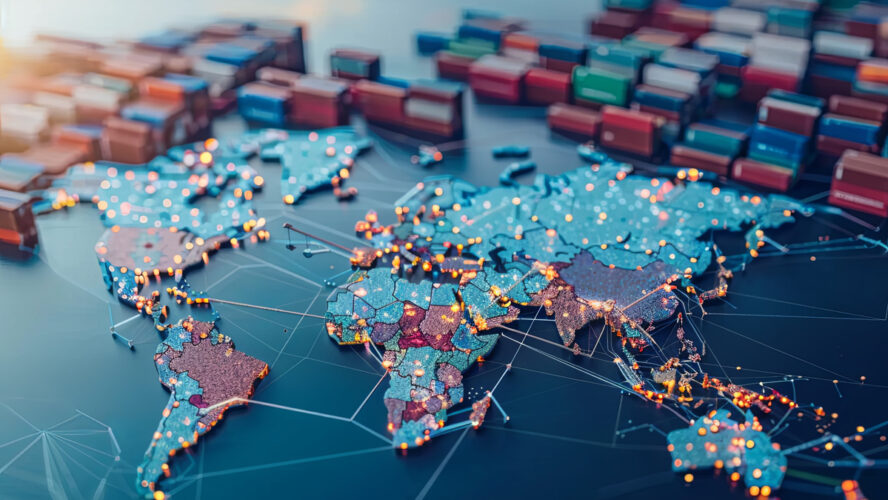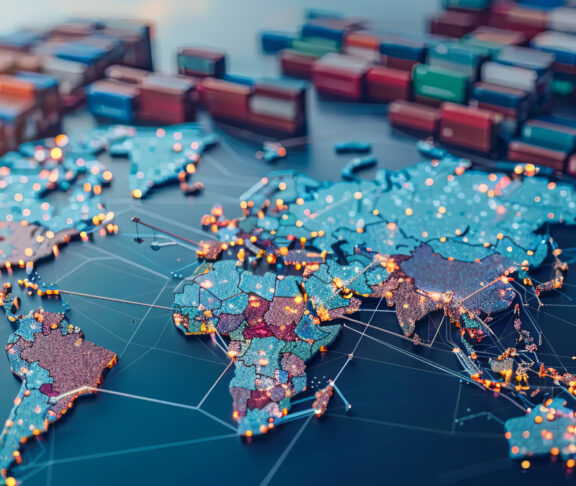
Thomas A. Kazakos
Secretary General, ICS
In April, the world crossed a decisive threshold. For the first time, an entire global industry agreed to put a price on emissions.
At the International Maritime Organization, nations adopted a net-zero framework (NZF) in a moment of extraordinary unity in a fragmented world. Shipping has chosen to lead where others hesitate. As London prepares to host International Shipping Week, it is a timely reminder of the UK’s unique role as a convening force in global maritime governance. Yet, this bold move must be met with equally courageous follow-through.
Shipping compliance costs and funding
Shipowners, while supportive of these measures, are voicing real concerns. While the spirit of the NZF is welcomed, the complexity of compliance threatens to overwhelm those without the scale or resources to navigate an intricate web of penalties and regulations. At its heart, the framework will apply a universal cost to greenhouse gas emissions from ships.
This will generate a multi-billion-dollar fund, creating a powerful financial tool for supporting the transition to clean energy. However, that support will only materialise if governments allocate those funds with clarity, fairness and urgency.
Incentives for cleaner fuels are
not a luxury; they are a lynchpin.
Signals to fuel producers
To date, the discussion has centred on deterrence. Incentives for cleaner fuels are not a luxury; they are a lynchpin. It is only through clear, bankable incentives that fuel producers will commit to delivering the infrastructure that low and zero-emission shipping demands. Without this, even the most willing shipowners will be stranded in a system that punishes ambition without enabling action.
Signals to the market must be bold, not blurry — and timing matters. The shipping industry is already navigating a storm of pressures, from violence in the Red Sea to mounting disruption of critical global trade routes.
Unified course for shipping
Governments have a duty now to move with urgency and certainty. Fuel standards must be defined without ambiguity. In October, when the IMO reconvenes, the world expects detail and simplicity — not just commitments, but mechanisms.
Regional initiatives such as the EU Emissions Trading Scheme (ETS), though well-intentioned, risk fragmentation at a time when unity is essential. ICS has rightly called for convergence under a single transparent IMO system. Shipping needs one course, one compass, one standard.
In an age marked by geopolitical division, shipping has done something rare: it has acted globally. Now, governments must do the same: support these developments and scale up zero-emission fuels. The world’s vessels are ready to transition. What they need is a fair wind and a steady helm.

